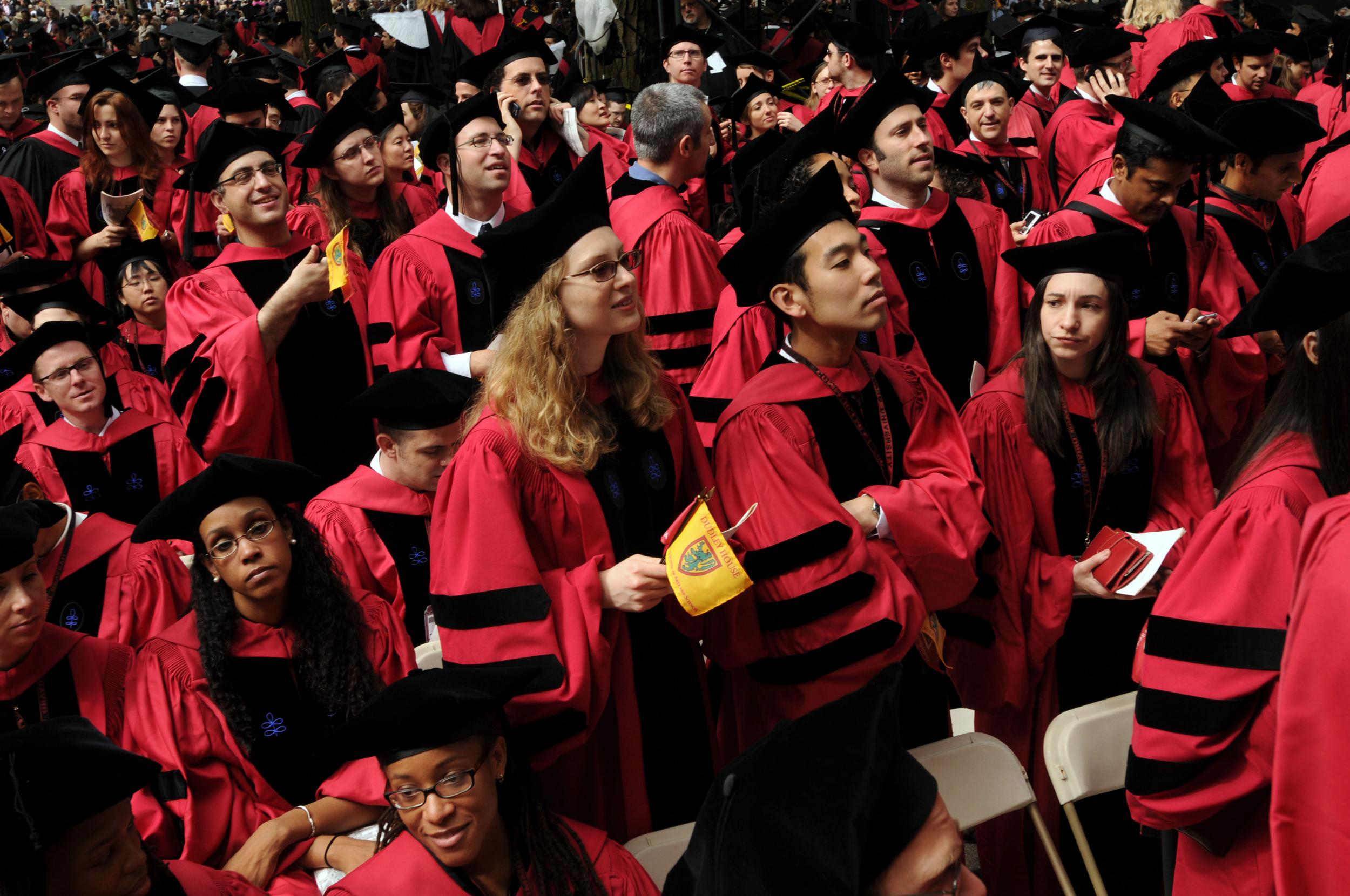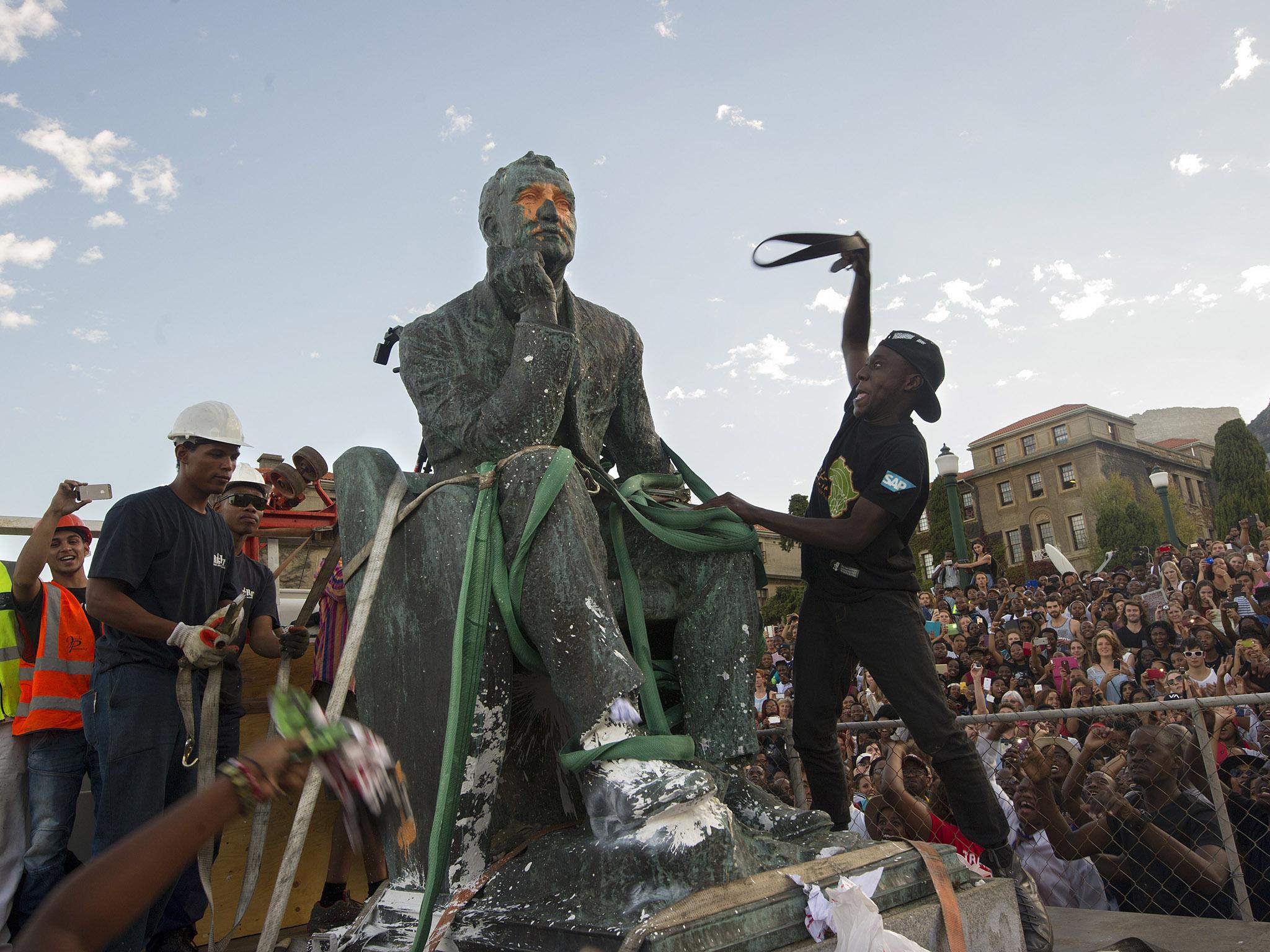Top UK university replaces portraits of bearded white scholars with ethnic minorities and women
Professor Patrick Leman, the institute’s dean of education, said the college student body was in support of his efforts

The Institute of Psychiatry, Psychology and Neuroscience is planning to have more BAME (Black, Asian and minority ethnic) portraits, replacing depictions of white faculty staff members in the main entrance hall.
Professor Patrick Leman, the institute’s dean of education based at King’s College London, said this was aimed at preventing current teaching from being too “intimidating” for ethnic minorities.
The dean added that the portraits were “almost entirely white middle-aged men” and more up-to-date scholars would replace them, making the educational establishment less “alienating” for students from a diverse cultural background.
Professor Leman denied that the original busts would be disposed of. “It’s not that we’re throwing anything into the bin,” he told the The Daily Telegraph. Rather, these portraits would be moved and rehung in less prominent college locations.
The move was attacked by Sam Barrett, president of the King’s Conservative Association, saying it was “political correctness gone mad”.
The bronze bust of Dr Henry Maudsley is believed to be one of the subjects Professor Leman aimed his comments at.
Maudsley donated funds to help build the Institute in 1924. A controversial figure, in his book Insanity and Its Treatment, the psychiatrist attacked his own profession, dismissing what he saw as pretensions to cure the insane. Maudsley was condemned and ostracised by former colleagues.
A future policy of the institute aims to include recent research from Africa, Asia and other parts of the world, said Professor Leman. He added that the college student body was in support of his efforts.

Campaigns to replace “male, pale and stale” figures at universities include the Rhodes Must Fall movement at Oxford. Many were in favour of removing Cecil Rhodes, because of his links with 19th-century British imperialism.
Some colleges have already begun the process of including more modern figures. St Peter’s College Oxford has a painting of Libby Lane, the first female Church of England bishop. There are also plans to display a photograph of feminist and Rhodes scholar Naomi Wolf.
Professor Mary Beard sympathised with ethnic minority students having a “Victorian racist staring down on them.”
Writing her Don’s Life blog, she added that “the battle isn’t won by taking the statue away and pretending these people didn’t exist”.
Join our commenting forum
Join thought-provoking conversations, follow other Independent readers and see their replies
Comments
Bookmark popover
Removed from bookmarks